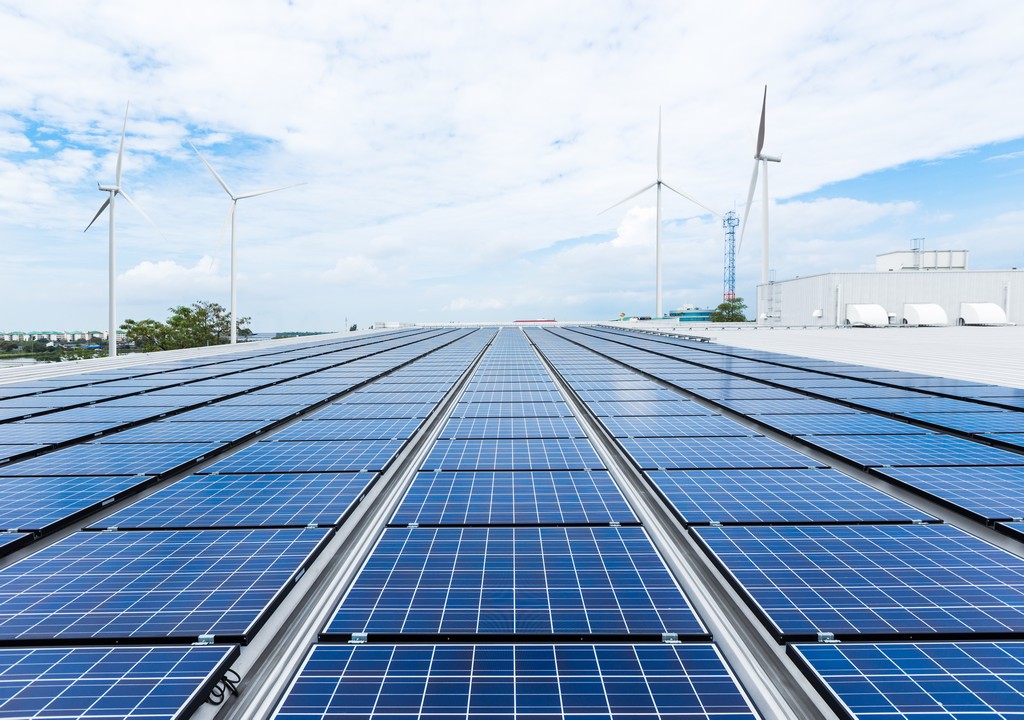Government agencies urged to utilize solar energy
- July 13, 2023
- 0

Government entities will be given three years to install an initial supply of at least 20% of their electricity requirements from solar photovoltaic (PV) systems or any equivalent renewable energy technologies based on the highest monthly kilowatt-hour (kWh) billing demand of the previous year.
This move follows the resolution filed by the Inter-agency Energy Efficiency and Conservation Committee (IAEEC).
Under the resolution, government entities can qualify as qualified end-users (QEs) if they install solar PV systems or RE technologies with a capacity of up to 100 kilowatts (kW). QEs are also allowed to enter into net-metering contracts with distribution utilities (DUs).
QEs are establishments that produce electricity from approved RE-generating facilities that can be linked to the grid in order to take part in net metering agreements.
The net-metering program enables customers to install RE-based systems up to 100 kW, generating their own electricity and exporting excess power to the DU’s distribution system. Then the DU grants peso credits for the surplus electricity received, which are deducted from the customer’s electric bill, based on the DU’s blended generation cost.
According to IAEECC Chairperson and Energy Secretary Raphael P.M. Lotilla, the program’s success will lead to a decrease in the monthly consumption of government entities, allowing the government to allocate resources to other critical services like health and education.
The en
The DOE-Energy Utilization Management Bureau (DOE-EUMB) will provide technical assistance to government organizations for the installation of their Solar PV Systems.
Currently, the EUMB has launched three solar demonstration projects for government offices, including the NEDA Region IX Office in Pagadian City, the Mariano Marcos State University in Ilocos, and the DOE-Luzon Field Offi
Furthermore, the EUMB will collaborate with the Department of Public Works and Highways (DPWH) to evaluate the structural integrity of government office buildings, ensuring their suitability for solar panel installation. The EUMB will also provide an official list of Solar PV installers to assist government entities in selecting reputable and qualified providers for their solar projects.